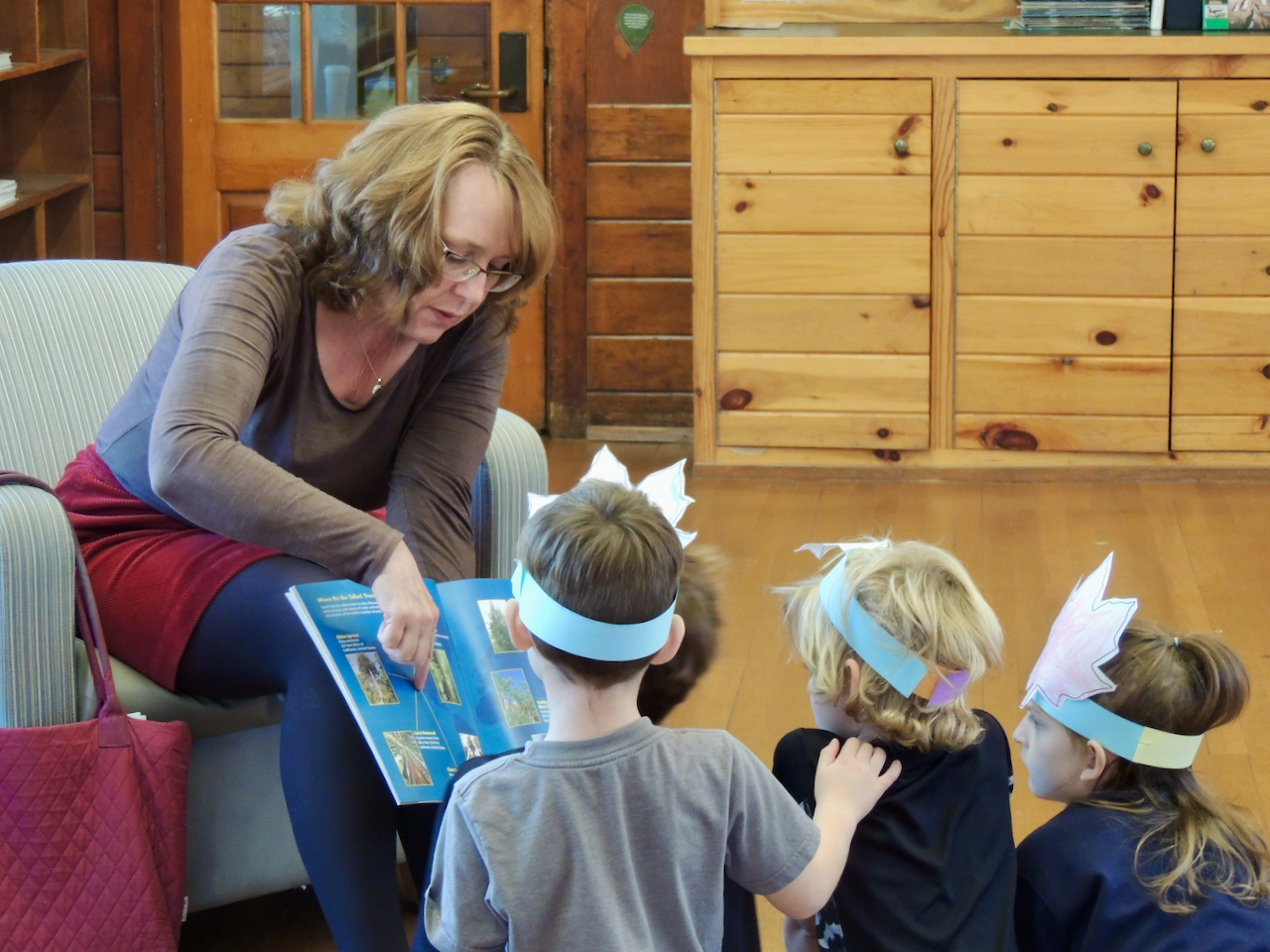Get Started: Writing Children's Nonfiction
I've published more than 90 nonfiction books for children with publishers like Scholastic, National Geographic Kids, and Abrams. When I teach writers, I share what I’ve learned over the years about the craft and business of writing children’s nonfiction.
Read.
If you want to write children's books, the first step is to read. You must read voraciously in your chosen genre. In my experience, new writers often think they can skip this vital step. Unfortunately, doing so shows in their writing.
It's not enough that you had read a lot of books when you were a child, or that you read them to your own children, or to your grandchildren.
You must read books now. You must get to know what is being published now.
That means you must read a lot of books published in the last five years, not just the classics that you or your children or grandchildren may have loved. (Although it’s a good idea to read the classics, too!) And it's smart to read books that are winning awards or are very popular with kids, so you understand why. Note: They're not always the same books!
Be resourceful.
You can find a lot of information online about how to get published. You don't have to figure it all out by yourself, but you do have to go looking for the information.
It's worthwhile to join an organization like SCBWI. Their The Book: The Essential Guide to Publishing for Children (available only to members) is an excellent resource. The Highlights Foundation and The Writing Barn both have excellent workshops that range from affordable to very pricey. The Highlights Foundation also has helpful articles. For a quick introduction to picture books, author Josh Funk’s guide has enough information to get you started.
Be patient.
If you want to get published, be ready to play the long game. It takes a while to learn everything you need to know to succeed as a children's writer.
It can take years to write your first book. My first picture book took seven years to write! What’s more, your first manuscript may not be the one that ultimately gets published. Getting a book published can take several more years.
From my experience, the quality that differentiates those who succeed versus those who don't is not talent. I've seen plenty of talented writers who didn't succeed because they gave up too quickly.
Successful writers have perseverance. They are patient. They play the long game.
Learn.
Another quality of successful children's writers is willingness to learn. If you want to get published, you'll have a lot to learn about the craft of writing. People who assume they already know how to write, who scribble out a first draft and feel they are ready to sign with an agent?
Sigh. I'll be honest, those people irritate me.
To be successful, you have to be willing to admit that your first efforts might not be great. That can be tough to acknowledge at first. Trust me, it gets easier.
You have to be willing to adopt a growth mindset—a belief that you can improve over time. Then you have to do the work. You have to keep writing and studying. One of the best ways to study is to keep reading your genre. Have I mentioned you should be reading a lot?

